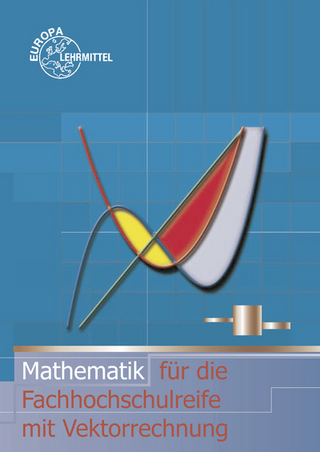
Europe in Question
Oxford University Press (Verlag)
978-0-19-954994-8 (ISBN)
How do voters decide in referendums on European integration? Direct democracy has become an increasingly common feature of European politics with important implications for policy-making in the European Union. Attempts to reform the EU treaties have been stalled, and even abandoned, due to no-votes in referendums. Europe in Question sheds new light on the pivotal issue of electoral behaviour in referendums and provides a major contribution to the study of democracy in the European Union and voting behaviour more generally.
Hobolt develops a comprehensive theoretical framework for understanding voting behaviour in referendums and presents a comparative analysis of EU referendums from 1972 to 2008. To examine why people vote the way they do, the role of political elites and the impact of the campaign dynamics, this books relies on a variety of sources including survey data, content analysis of media coverage, survey experiments, and elite interviews. The book illustrates the importance of campaign dynamics and elite endorsements in shaping public opinion, electoral mobilization and vote choices. Referendums are often criticized for presenting citizens with choices that are too complex and thereby generating outcomes that have little or no connection with the ballot proposal. Importantly this book shows that voters are smarter than they are often given credit for. They may not be fully informed about European politics, but they do consider the issues at stake before they go to the ballot box and they make use of the information provided by parties and the campaign environment.
Sara Binzer Hobolt is Lecturer in Comparative European Politics at the University of Oxford and Fellow of Lincoln College, Oxford. She has published widely on referendums, elections, public opinion, and European integration.
List of Figures ; List of Tables ; Preface ; PART ONE: THE THEORETICAL FRAMEWORK ; 1. Introduction: Referendums in a European Context ; 2. A Theory of Referendum Behaviour ; PART TWO: A COMPARATIVE STUDY OF REFERENDUM BEHAVIOUR ; 3. A Comparative Analysis of Voting Behaviour ; 4. Campaign Effects in Referendums ; 5. Framing Effects in Referendums: Experimental Evidence ; PART THREE: CASE STUDIES ; 6. Voter Competence: What do Voters Need to Know? ; 7. From No to Yes: The Danish and Irish Referendums on the Maastricht and Nice Treaties ; 8. Campaign Dynamics in the Referendums on the European Constitution ; PART FOUR: CONCLUSIONS AND IMPLICATIONS ; 9. Lessons and Future Challenges ; Appendix 1: List of data sources ; Appendix 2: Descriptive statistics ; Bibliography ; Index
| Erscheint lt. Verlag | 27.5.2009 |
|---|---|
| Zusatzinfo | Tables and Figures |
| Verlagsort | Oxford |
| Sprache | englisch |
| Maße | 162 x 241 mm |
| Gewicht | 565 g |
| Themenwelt | Sozialwissenschaften ► Politik / Verwaltung ► Europäische / Internationale Politik |
| Sozialwissenschaften ► Politik / Verwaltung ► Staat / Verwaltung | |
| ISBN-10 | 0-19-954994-X / 019954994X |
| ISBN-13 | 978-0-19-954994-8 / 9780199549948 |
| Zustand | Neuware |
| Informationen gemäß Produktsicherheitsverordnung (GPSR) | |
| Haben Sie eine Frage zum Produkt? |
aus dem Bereich



